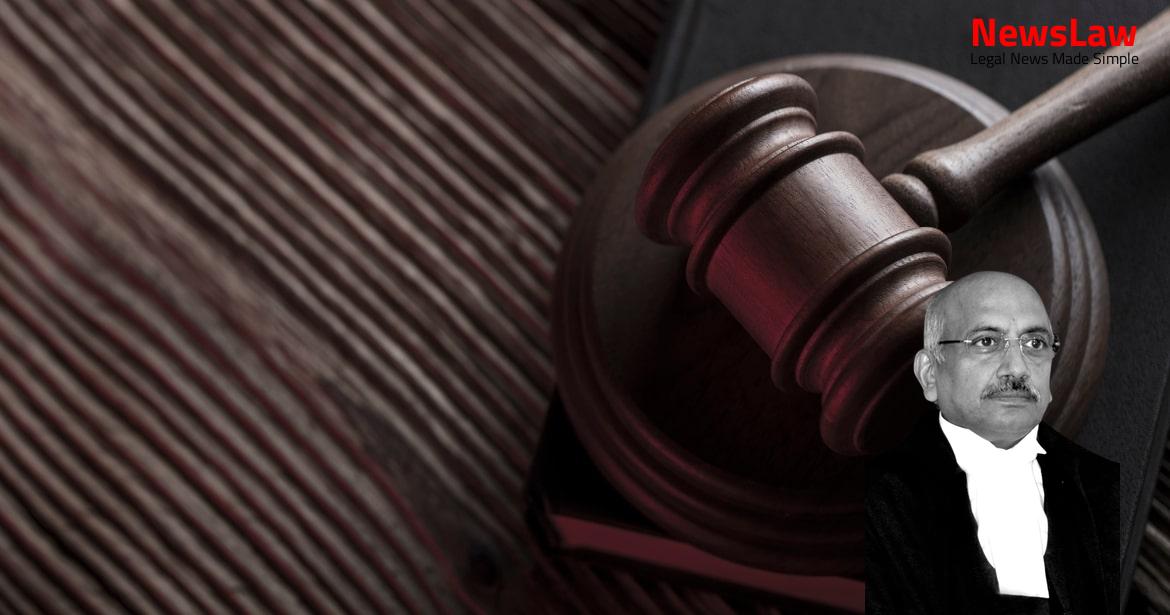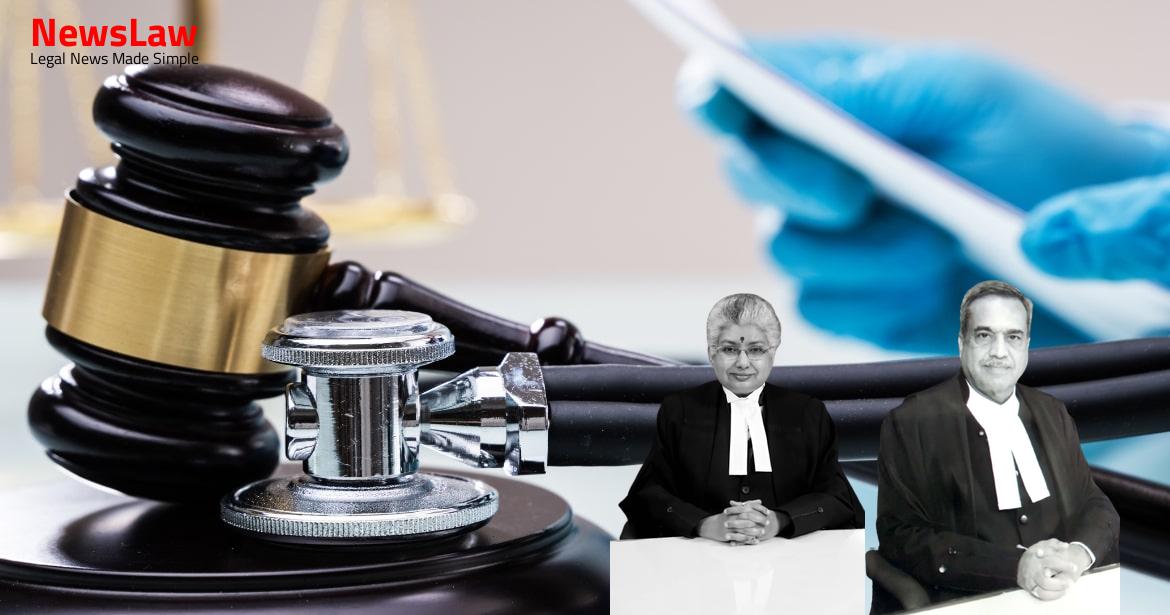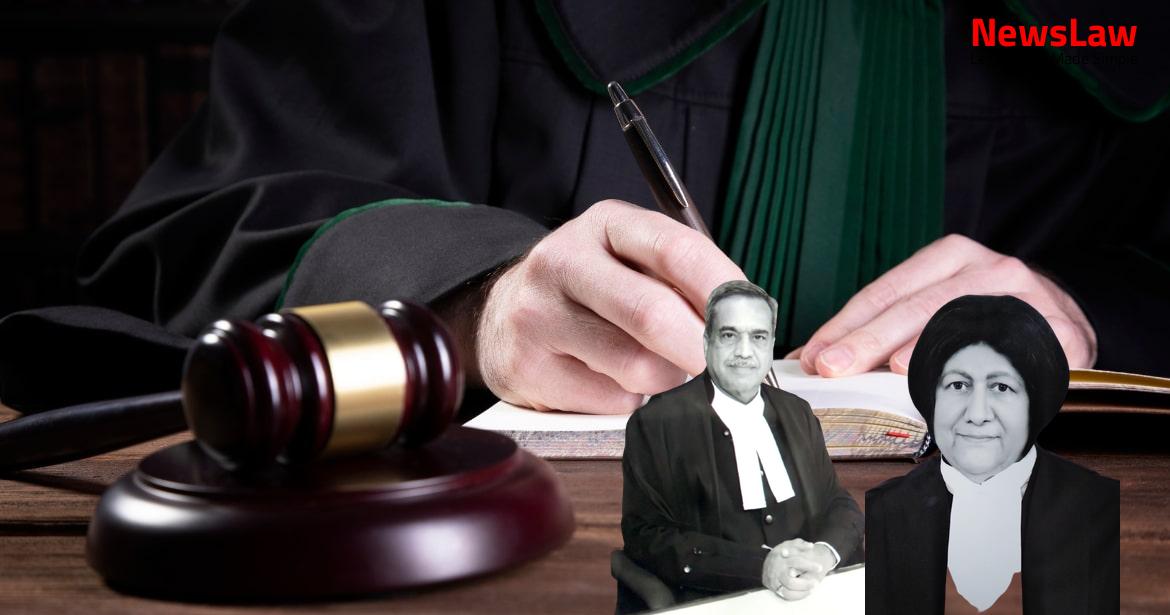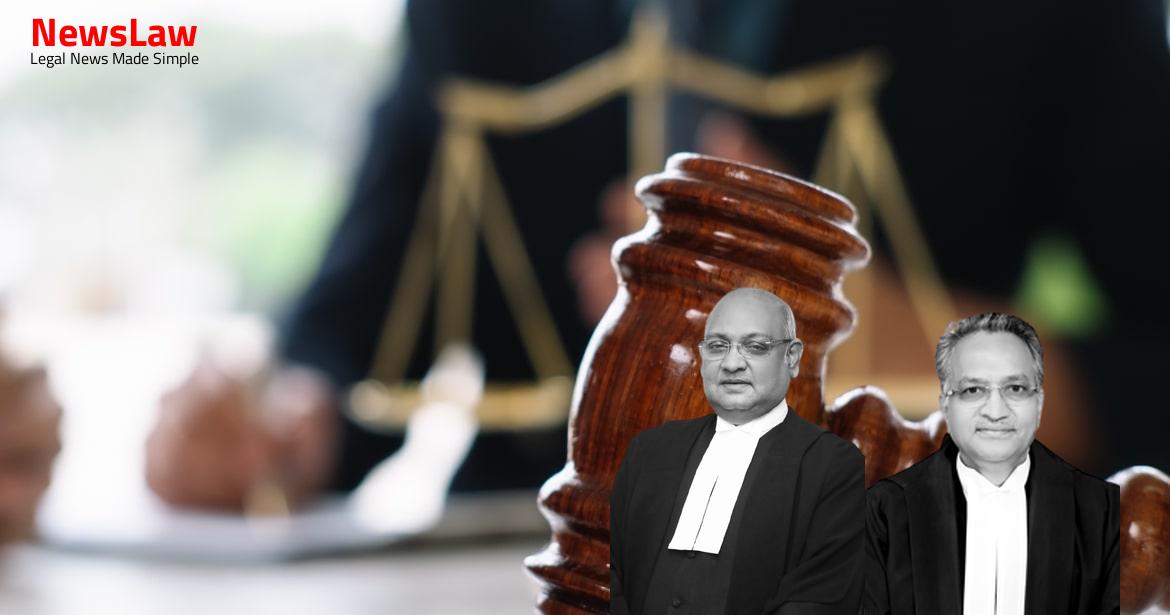The case delves into the complex realm of retrospective application of consumer protection laws, focusing on the court’s meticulous legal analysis. With a spotlight on the evolving jurisprudence around the subject, the court’s scrutiny and interpretation of relevant statutes shed light on crucial aspects of the legal framework.
Facts
- The complainant obtained two Letter of Credit Comprehensive Risks Policies by paying a premium of ₹10,38,03,912/- to the appellant.
- The complainant’s grievance was that payment for invoices issued for the work done under the contract was suspended.
- The contract awarded to the complainant by the Government of Basra was later withdrawn due to internal conflict.
- The appellant rejected the insurance claim of the complainant.
- The present appeal is directed against an order passed by the National Consumer Dispute Redressal Commission to pay a sum of Rs. 265.01 Crores with interest @ 10% p.a. from 19.9.2016 within three months.
Also Read: Landmark Judgment on Compensation for Fatal Accident
Issue
- Relief was sought before the National Commission by filing a complaint under Section 21(a)(i) of the 1986 Act.
- The complaint was allowed on 27.1.2021.
- The question being examined is whether the present appeal would be governed under the Consumer Protection Act, 2019 or under the erstwhile 1986 Act.
- As per Section 67 of the 2019 Act, no appeal against the order of the National Commission can be entertained by the Supreme Court unless fifty per cent of the amount required to be paid is deposited.
- Under the 1986 Act, with the proviso inserted via Central Act 62 of 2002 w.e.f. 3.2003, the condition was that no appeal shall be entertained by the Supreme Court unless the person required to pay the amount deposits fifty per cent of the amount or fifty thousand, whichever is less.
Also Read: Land Acquisition Compensation Analysis
Arguments
- Learned Attorney General argued that the appeal was filed under the 1986 Act and not the 2019 Act, which came into force later.
- The 2019 Act’s condition of depositing 50% of the amount was deemed more onerous than under the 1986 Act.
- The Attorney General relied on Section 107 of the 2019 Act and Section 6 of the General Clauses Act to assert that there was no retrospectivity involved.
- Counsel for the respondent argued that the amendment was procedural and thus retrospective, pointing to Section 6(c) of the General Clauses Act.
- The Attorney General cited the Calcutta High Court judgment in Nogendra Nath Bose v. Mon Mohan Singha Roy & Ors. and the Supreme Court’s approval of the judgment in Hoosein Kasam Dada case.
- The respondent’s counsel referenced the Division Bench judgments in Sri Satya Nand Jha v. Union of India & Ors. and M/s.
- The principle of applying the law in effect at the time of the case initiation was stressed upon, indicating that the provisions of the 1986 Act would apply to the current appeal.
Also Read: Judicial Review of Search and Seizure Authorization
Analysis
- Sub-Section (2) of Section 107 of 2019 Act does not change the legal position as mentioned under Section 6 of the General Clauses Act
- The proviso to Section 22(1) of the 1947 Act prior to the amendment as enacted provided certain conditions for entertaining an appeal against an order of assessment
- The repeal of an enactment does not affect any right acquired or accrued under the repealed enactment, unless a different intention appears from the repealing statute
- Section 6 of the General Clauses Act and Section 107 of the 2019 Act were compared and analyzed to support the argument
- Clause (c) of Section 6 of the General Clauses Act was referred to show that repeal should not affect any right, privilege, obligation or liability acquired under the repealed enactment
- Sub-section (2) of Section 107 of the 2019 Act protects actions taken under the previous Act insofar as they are not inconsistent with the provisions of the new Act
- The argument was that the appellant had a right to file an appeal based on the date of filing the suit before the Court in 1949.
- The right of appeal is not an accrued right but a statutory right that can be affected by legislative provisions.
- The Court observed that the right to appeal could be subject to conditions set by the legislature within its competence.
- Previous judgments were not referred to in the case, indicating a different view taken by the Constitution Bench.
- The notice for reassessment was issued after the Amending Act came into force, applying the provisions of the Amending Act.
- There is a line of judgments highlighting that the right of appeal is a statutory creation under the legislature’s competence.
- Binding precedents of the Constitution Bench judgments held that the onerous condition of payment in the 2019 Act would not apply to complaints filed before the Act’s commencement.
- The judgments discussed the necessity of proof of payment of tax and penalty as a condition for entertaining an appeal.
- Section 6(e) of the General Clauses Act protects pending legal proceedings for enforcing accrued rights from the impact of repeal.
- Orissa High Court considered the reverse proposition regarding the pre-deposit condition in Indian Oil Corporation case
- The Act in question was considered a beneficial legislation, requiring a beneficial construction for any ambiguous expressions
- Various judgments like K. Raveendranathan Nair, Anant Mills Co. Ltd., M/s. Hardeodas Jagannath, Tecnimont Pvt. Ltd., etc., were discussed in relation to pre-deposit conditions in different acts
- The High Court of Jharkhand examined the amendment in Section 35 of the Central Excise Act, 1944 by the Finance Act, 2014
- Different judgments like Kishore Lal, State of Bombay v. M/s. Supreme General Films Exchange Ltd., and Videocon International Limited v. Securities and Exchange Board of Indiawere referred to in discussing various aspects of the law
- The importance of interpreting beneficial legislation in a manner that benefits the consumer was emphasized in Neena Aneja & Anr. v. Jai Prakash Associates Ltd.
Case Title: ECGC LIMITED Vs. MOKUL SHRIRAM EPC JV (2022 INSC 188)
Case Number: C.A. No.-001842 / 2021



